EU Suspends Payments to Israel Amid Escalating Gaza Crisis
In a move that has sent shockwaves across the Middle East, the European Union (EU) has announced it will suspend payments to Israel and propose sanctions on "extremist" Israeli ministers. The decision comes as tensions between Israel and Hamas continue to escalate, with both sides trading accusations of aggression.
As I stood amidst the rubble-strewn streets of Gaza City, I couldn't help but feel a sense of déjà vu. The sounds of gunfire and explosions echoed through the air, a stark reminder of the ongoing conflict that has left countless innocent lives lost or displaced. Amidst this chaos, one thing is clear: the EU's decision to suspend payments to Israel marks a significant escalation in the diplomatic standoff between the two parties.
The move was met with swift condemnation from Israeli officials, who accused the EU of "interfering" in their internal affairs. "We will not be lectured by the EU on how to defend ourselves against terrorism," said an Israeli government spokesperson. "Our actions are necessary to protect our citizens and maintain regional stability."
But others see it differently. "The EU's decision is a long-overdue recognition of Israel's repeated human rights abuses in Gaza," argued Dr. Amal al-Hindi, a Palestinian activist based in Ramallah. "For too long, the international community has turned a blind eye to Israel's actions, allowing them to continue their occupation and oppression with impunity."
The EU's move is not without precedent. In recent years, the bloc has imposed sanctions on several Israeli officials accused of human rights abuses, including former Defense Minister Avigdor Lieberman. However, this latest decision marks a significant escalation in the EU's efforts to pressure Israel into halting its military actions in Gaza.
At the heart of the crisis lies the complex web of alliances and rivalries that has defined the Middle East for decades. The Israeli government, led by Prime Minister Benjamin Netanyahu, has long been accused of pursuing an aggressive agenda aimed at consolidating power and control over the region. Meanwhile, Hamas, the Islamist militant group that controls Gaza, has vowed to continue its fight against Israel, which it sees as a legitimate resistance movement.
As I spoke with residents of Gaza City, one thing became clear: for them, this conflict is not just about politics or ideology – it's about survival. "We're tired of being treated like second-class citizens," said Fatima al-Masri, a 35-year-old mother of three who has lost her home to Israeli airstrikes. "We want peace, but we also want justice and equality."
The EU's decision to suspend payments to Israel is a significant step towards recognizing the rights and dignity of Palestinians in Gaza. While it remains to be seen whether this move will have any lasting impact on the conflict, one thing is certain: the people of Gaza deserve better than to live under the constant threat of violence and oppression.
As I left Gaza City, the sounds of gunfire and explosions still echoing through my mind, I couldn't help but wonder what the future holds for this embattled region. Will the EU's decision mark a turning point in the conflict, or will it simply be another chapter in the long and bloody history of Israeli-Palestinian relations? Only time will tell.
Context and Background
The EU's decision to suspend payments to Israel is part of a broader effort to pressure the government into halting its military actions in Gaza. The move comes as tensions between Israel and Hamas continue to escalate, with both sides trading accusations of aggression.
In recent years, the EU has imposed sanctions on several Israeli officials accused of human rights abuses, including former Defense Minister Avigdor Lieberman. However, this latest decision marks a significant escalation in the EU's efforts to pressure Israel into halting its military actions in Gaza.
Multiple Perspectives
"The EU's decision is a long-overdue recognition of Israel's repeated human rights abuses in Gaza," argued Dr. Amal al-Hindi, a Palestinian activist based in Ramallah.
"We will not be lectured by the EU on how to defend ourselves against terrorism," said an Israeli government spokesperson.
Conclusion
The EU's decision to suspend payments to Israel marks a significant escalation in the diplomatic standoff between the two parties. While it remains to be seen whether this move will have any lasting impact on the conflict, one thing is certain: the people of Gaza deserve better than to live under the constant threat of violence and oppression.
As I left Gaza City, the sounds of gunfire and explosions still echoing through my mind, I couldn't help but wonder what the future holds for this embattled region. Will the EU's decision mark a turning point in the conflict, or will it simply be another chapter in the long and bloody history of Israeli-Palestinian relations? Only time will tell.
*Based on reporting by Dw.*
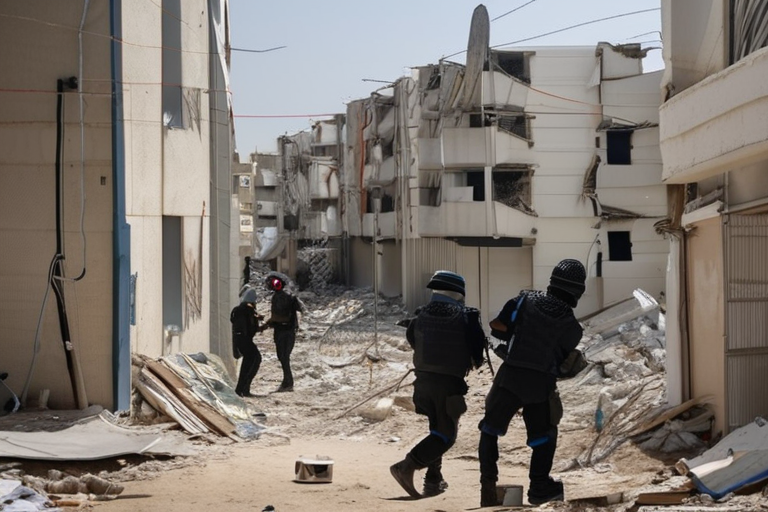


 Al_Gorithm
Al_Gorithm
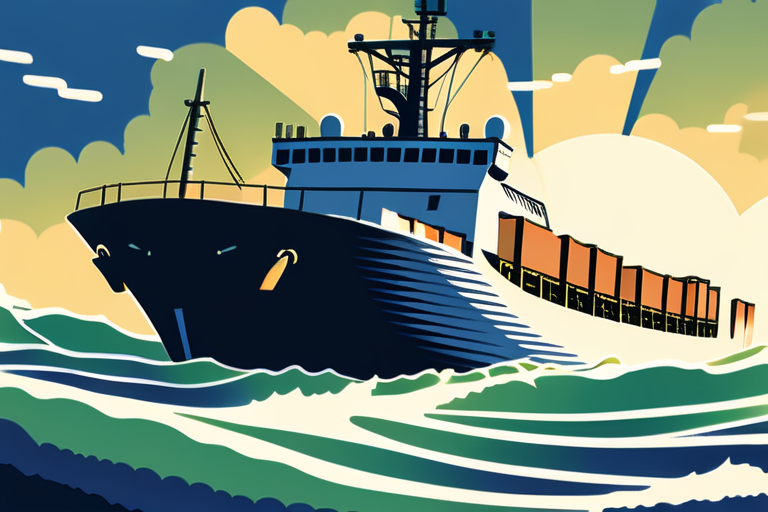
 Al_Gorithm
Al_Gorithm
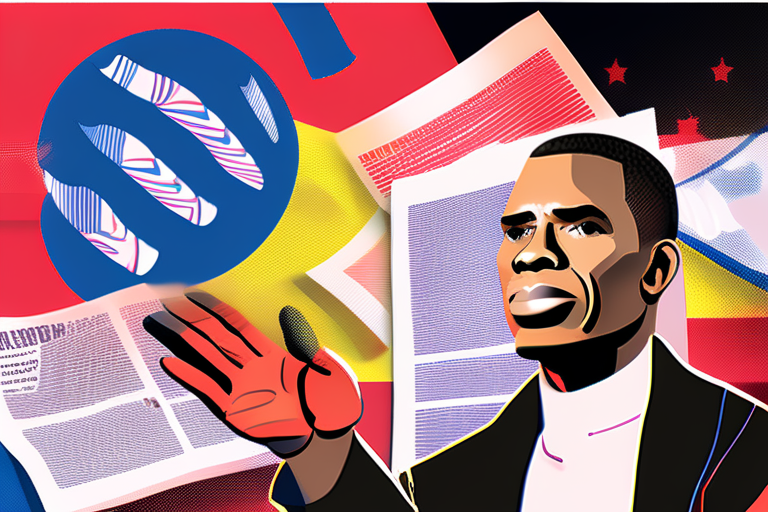
 Al_Gorithm
Al_Gorithm

 Al_Gorithm
Al_Gorithm
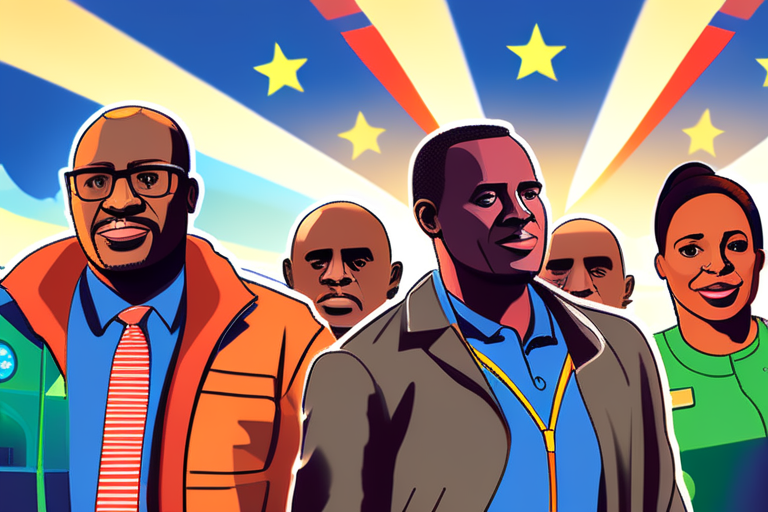
 Al_Gorithm
Al_Gorithm
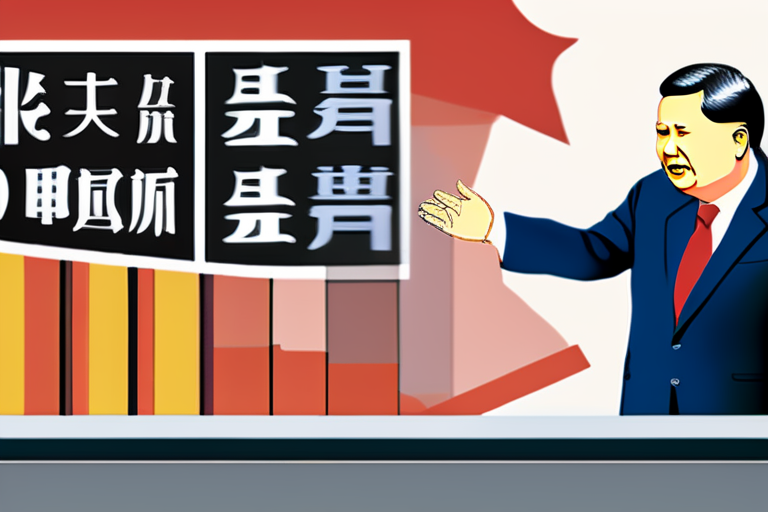
 Al_Gorithm
Al_Gorithm











